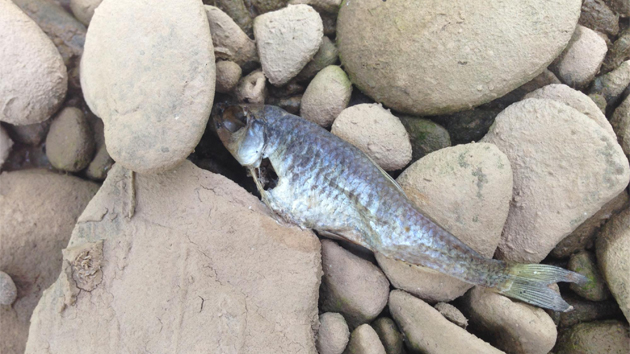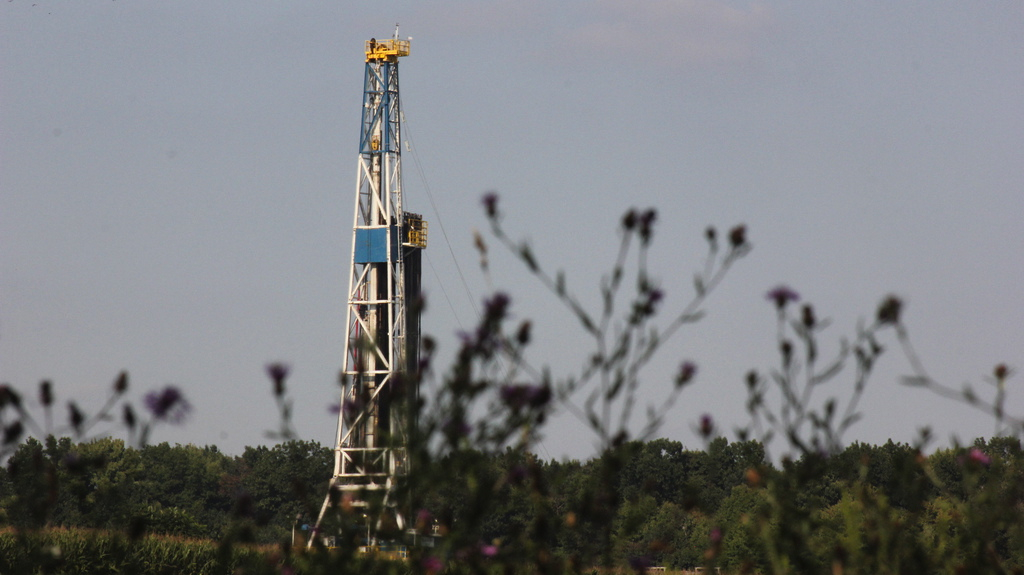Whether or not you think that’s alright depends on your perspective. According to Patrick Creighton, those numbers are pretty good — so many oil and natural gas wells have been drilled in Pennsylvania in the past seven years that 209 problem wells is a mere 1 percent of the total. But Creighton happens to be the spokesperson for the Marcellus Shale Coalition, a trade group composed of natural gas drillers. So there’s that.
According to Steve Hvozdovich, 209 is a lot. “You are talking about somebody’s drinking water supply.” But then Hvozdovich works for the environmental group Clean Water Action. He would like clean drinking water.
However you feel about the 209 “instances,” that number wasn’t an easy one get. According to the Pittsburgh Post-Gazette, Pennsylvania’s Department of Environmental Protection (DEP) is legally required to get to the bottom of drilling-related water complaints, report its findings to the owner of the affected property, and issue orders to clean up or fix the damage — all within 45 days of the first complaint.
The report on this process is supposed to be a part of the public record, but when the Post-Gazette and other groups became curious about these reports and where they might be, DEP balked. The reports were too difficult to find, the agency said. They were mixed in with a whole lot of other paperwork. The agency was understaffed, overworked, and underfunded.
All of which was probably true, but still, in the last year, information about the DEP’s attempts to regulate gas and fracking has been, er, leaking out, which the Post-Gazette credits to court rulings and political pressure. While the Post-Gazette got its list of the 209 sites through a public records request, the DEP will post its own official tally of damaged water supplies this month. It will mark the first time the agency has released its official accounting of drilling-related pollution and water loss cases on its website.
What would be useful, now, is more context. What kind of bad thing happened, exactly? (Not all cases are pollution-related — a lot of them have to do with issues of water quantity as well as quality, since drilling for shale gas can take up a lot of water.) Which companies were involved? Were shale gas drillers more likely to cause problems than people who drilled regular, garden-variety oil and gas wells? How did the companies involve fix the problem? Were they fined?
Pennsylvania’s DEP can expect to see a lot more requests for this sort of information as people move past the question of “What’s happening to our water?” and into the questions of “Why is this happening? And should we be freaking out?”



